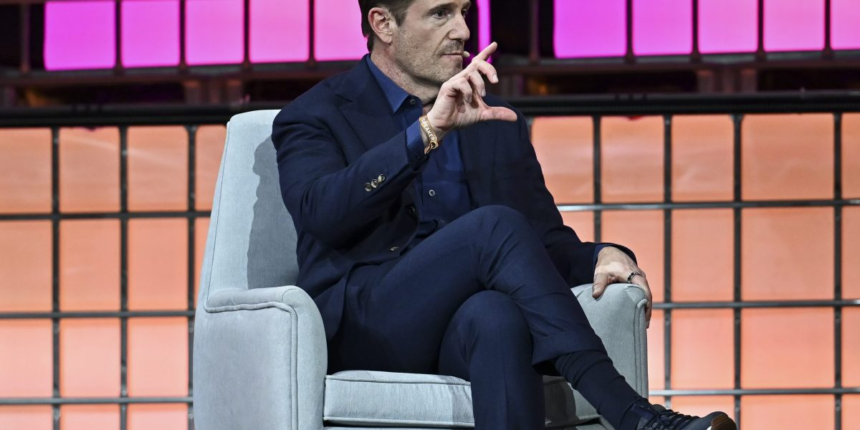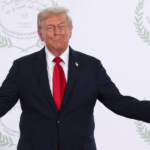For Amazon, this means ensuring Bond’s cinematic legacy remains intact, even as streaming-first strategies reshape the industry.
“The story elements have to coincide with what people expect of James Bond. It’s not that complicated, but you can easily mess it up, too. But I do have a lot of faith in that Amazon team. I think they’ll do a great job with it,” Mayer added.
One area where Amazon appears to be treading carefully is theatrical releases. The Bond franchise has long been synonymous with the big-screen experience, and Mayer suggests that’s unlikely to change, despite temptations to boost subscription numbers with a direct-to-streaming release.
“A James Bond movie is all about action. It’s about visual effects. It’s about the sound. It’s about sharing that experience with the audience,” he said.
“I don’t think in the near term you’ll see James Bond releases not having a theatrical period where they’re exclusively in theaters, and I think Amazon is happy to do that. Those releases actually build brands, build awareness, and the marketing behind the release actually continues to perpetuate the quality and the awareness of that entire franchise.
“That window might be a little less than it has been in the past, and of course, streaming is going to be a huge bonus to Amazon Prime.”
As for creative direction, Mayer is firm on one thing: “I hope we don’t see an American Bond. Bond is British, period.”
The Bond franchise isn’t the only example of the enduring power of intellectual property (IP). The biggest box office successes of 2024—Inside Out 2, Deadpool & Wolverine, Moana 2—underscore how established franchises continue to dominate in an era of content overload.
“People like things that are familiar,” Mayer said. “If you do it right, sequels and known IP give you a huge advantage in cutting through.”
One of the best examples of leveraging IP for sustained success is Ryan Reynolds’ approach to Deadpool. “Ryan Reynolds is one of the hardest working people I’ve ever met,” Mayer noted. “He’s an expert at marketing, social, comedy and not just for Deadpool but across industries—look at Mint Mobile.”
Disney has also refined its IP-driven strategy, with Moana 2 serving as a case study in shifting distribution models.
Originally planned as a Disney+ release, the film was upgraded to a theatrical release once executives, including CEO Bob Iger, stepped in after seeing its potential.
“It’s a fine balance,” Mayer said. “Clearly, the more an experience is only available on streaming, that helps to acquire customers.
“It helps to retain customers. It’s all about customer acquisition, the average revenue per user you can get on a monthly basis, and the churn, reducing people disconnecting from your service. So it’s important to have exclusive content on streaming.
“The Disney franchises are so powerful, and they’re so long-lasting, kids like to watch them over and over and over. So Disney can afford to put and should put these films first in theaters and then on streaming because kids will watch them over and over and over.
“You don’t lose much by putting it on in the theater first, and you gain a lot of awareness. There’s nothing that can replace a theatrical release for creating brand awareness because of the amount of marketing that goes behind it.”









